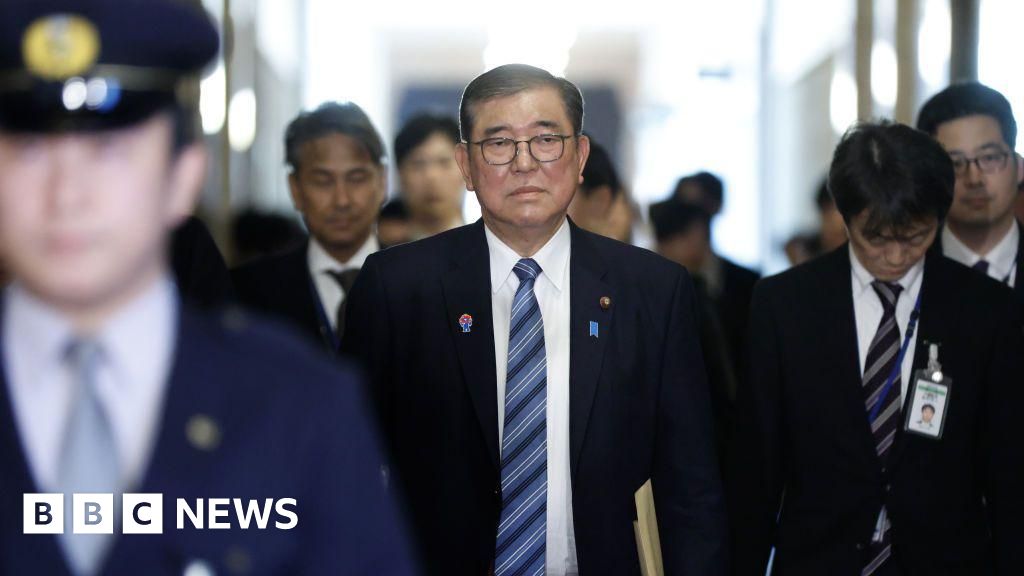President Donald Trump has made a significant announcement regarding Japan's Nippon Steel and its bid to acquire US Steel. At the White House, alongside Japanese Prime Minister Shigeru Ishiba, Trump disclosed that Nippon Steel would withdraw its $14.9 billion acquisition bid for US Steel. Instead of acquiring a majority stake, Nippon Steel plans to make substantial investments in the company. The talk of this major investment comes after President Joe Biden blocked Nippon Steel's attempted takeover of US Steel on national security grounds.
This move by Nippon Steel to invest rather than acquire US Steel was met with criticism from Trump as well as union members, who had voiced concerns over the creation of one of the largest steel companies globally through this merger. The mutual agreement reached during the White House meeting did not reveal the specific details of the investment plan.
Trump, who mistakenly referred to Nippon Steel as "Nissan," hinted that he would have a meeting with Nippon's leadership to mediate and arbitrate the investment deal further. The Biden administration cited the importance of domestic ownership in national security matters as the basis for blocking the acquisition, facing backlash from the Japanese government, which called the decision "incomprehensible." Both Nippon and US Steel resorted to filing a lawsuit in response.
Nippon Steel has since contended that the proposed investment aligns with Trump's emphasis on manufacturing, job creation, and promoting investment within the US. This pivot by Nippon Steel to invest has generated interest and raised hopes for a positive outlook in their partnership with US Steel.
Prime Minister Ishiba's visit to Washington aimed to strengthen the bond between Japan and its primary foreign partner, the United States. While the visit was marked by discussions on various economic and trade-related topics, it also sought to establish a personal rapport with Trump. Their meeting underscores the importance of fostering strong relationships between the two nations.
During their discussions, Trump and Ishiba explored avenues to enhance economic ties, considering Japan's standing as a major economic partner for the US. Japan has consistently been the top foreign investor in the US for five consecutive years. Notably, Japanese companies have played a vital role as significant job creators across multiple states within the US, particularly within the auto equipment manufacturing sector.
As the leaders engaged in talks on trade, tariffs, and investments, Trump hinted at the possibility of addressing the trade deficit between the US and Japan, which currently stands at $68 billion. With a focus on fairness and mutual benefit, Trump expressed optimism in resolving trade-related issues through constructive dialogue and collaboration.
While Trump's administration made strides in bolstering ties with Japan, his actions on other fronts have triggered debates and controversies. From addressing transgender athletes competing in women's sports to navigating foreign policy challenges, Trump's presidency has elicited varied reactions both domestically and internationally.
In conclusion, the recent developments surrounding Nippon Steel's investment plans in US Steel, coupled with the diplomatic engagement between the US and Japan, reflect the evolving dynamics of international relations under different administrations. As these discussions unfold, the outcomes will likely shape future trade relations and bilateral cooperation between the two nations.

